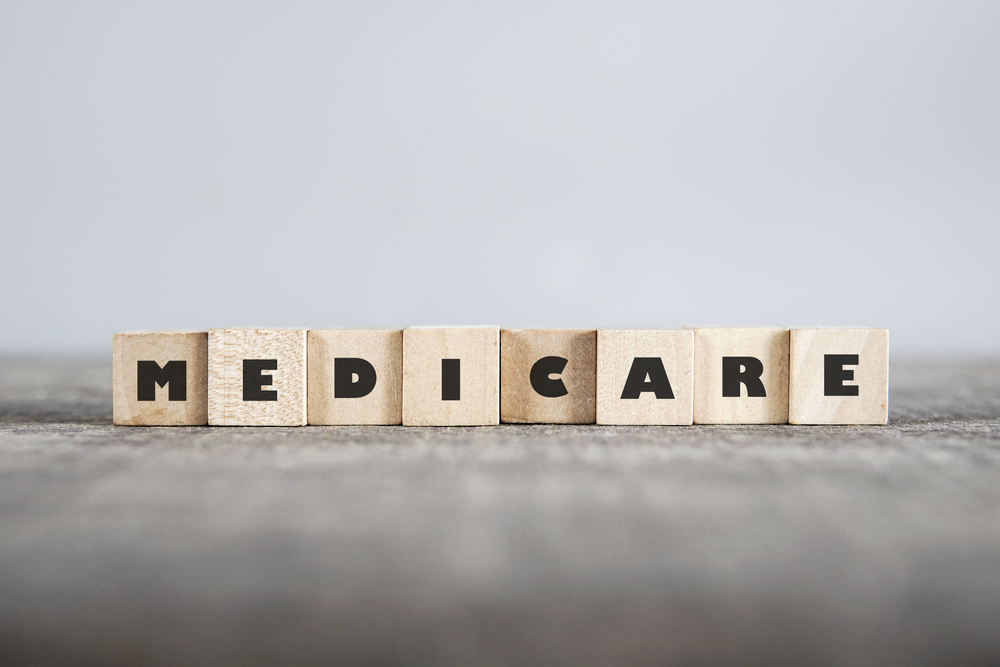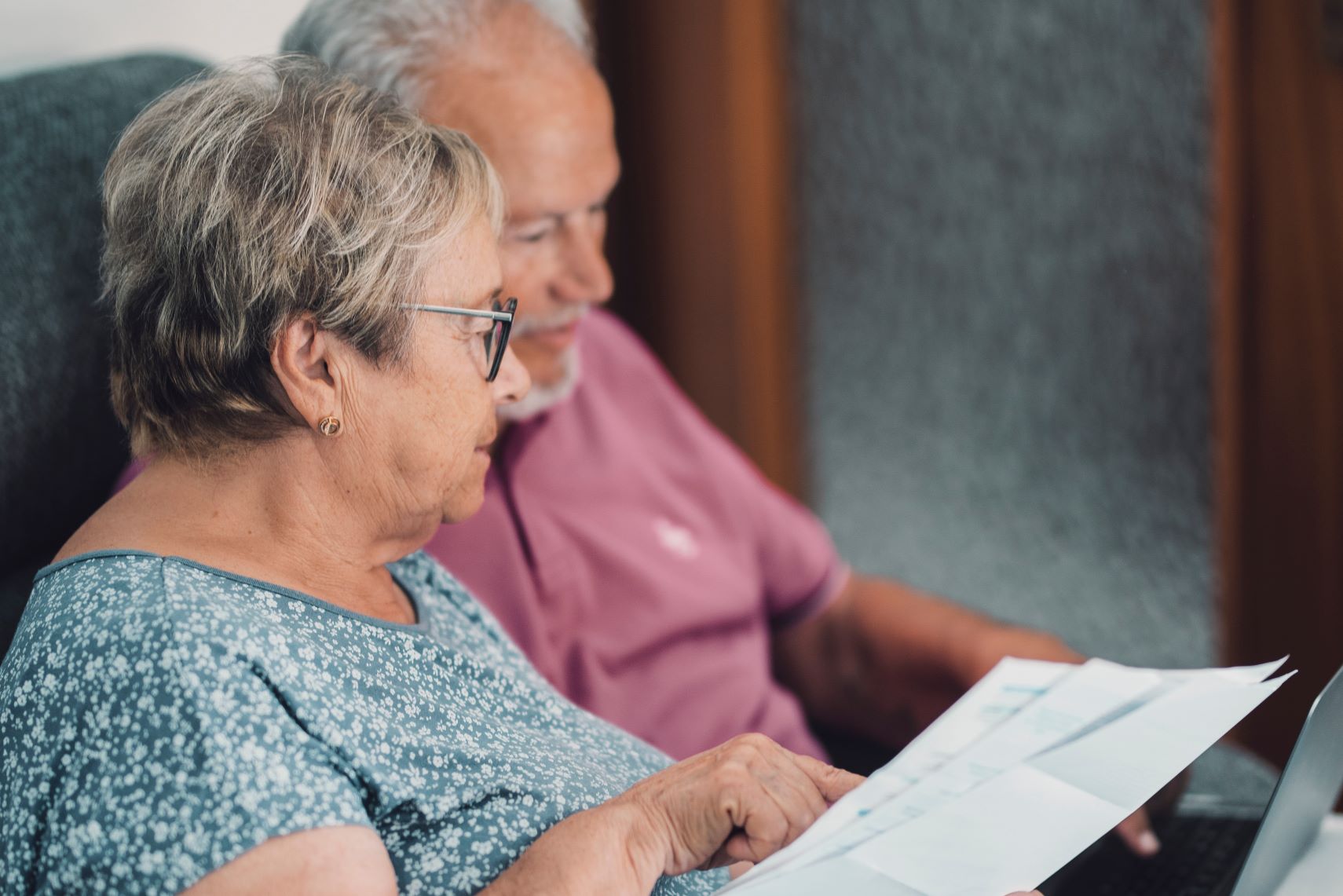At a time when we are frequently confronting the rising cost of living, Medicare enrollees…

This Is How Seniors Have Been Impacted by Coronavirus (COVID-19)
The coronavirus (COVID-19) pandemic has left us confused and worried. The senior population has been identified as the most at-risk demographic for COVID-19. Information coming out about COVID-19 is very fluid, which can also contribute to overall stress. Thankfully there are ways to try and manage stress and stay as healthy as possible during this time thanks to advice from several federal agencies monitoring the situation and the impact of COVID-19 on the senior population. This article highlights some of the advice provided by those agencies monitoring this situation closely.
For those living in a nursing home or long-term care living facility, new protocols have been established by the federal government to curb the spread of Coronavirus. A new preparedness checklist is available on the Centers for Disease Control and Prevention (CDC). It includes staff education and training for the rapid identification and management of ill residents, as well as an increase in supplies and resources. There are also restrictions on all visitation, except in some circumstances like an end-of-life situation. Other restrictions have been placed on volunteers and non-essential health care personnel, and the cancellation of all group activities and communal dining.
Before the identification and dissemination of information about Coronavirus, the CDC had identified the 2019-2020 flu season as being particularly challenging. Now many seniors wonder whether they have a different type of flu, allergies, or are experiencing the Coronavirus. Not knowing is particularly frightening since seniors have been identified as the demographic with the highest mortality rate. The CDC has a straightforward checklist of symptoms of respiratory infection, including COVID-19:
- Fever
- Cough
- Shortness of breath
Because other types of flu have similar symptoms and there is no Coronavirus vaccine, and its test is in very short supply, many older adults will only be able to treat their symptoms without full knowledge as to the contagion.
On their website under “How to Prepare” the CDC provides information on protecting yourself, your family, your home, and managing anxiety and stress. According to the CDC, there are some things that seniors can do whether or not they are in a facility or living at home that can help reduce their risk of catching the Coronavirus or any other virus for that matter in this bad flu season. The first line of defense sounds counterintuitive to a global pandemic, but it is crucial, stay calm and try to relax.
Getting quality sleep during this outbreak will allow your body the time it needs to restore immunity responses to contagions. Stay well hydrated by drinking plenty of water. Staying calm, getting restful sleep, and remaining hydrated will allow your body’s natural defense mechanisms to protect itself.
Have someone near you help you stock up on supplies. Stay in your home as much as possible. If the weather permits, open a window for fresh air. If you have a home with a porch or patio, take in some sun for vitamin D. You want your immune system to be as robust as possible. Take everyday precautions to keep space between yourself and others. If it is not necessary, don’t go out in public, avoid crowds, stay away from anyone who is sick, and wash your hands often. Cancel any cruise or non-essential air travel and do not use public transportation.
The Environmental Protection Agency (EPA) has posted a list of disinfectants for use against the Coronavirus. Proper disinfecting of often-used surfaces is critical as this particular Coronavirus can live for long periods, up to 72 hours on some surfaces. As of now, the EPA reports no detection of COVID-19 in drinking water supplies and believes the risk to the water supply is low based on current evidence.
The CDC is reporting that seniors with chronic medical conditions like heart disease, lung disease, and diabetes are at higher risk of contracting COVID-19 and should take extra precautions about self-isolating. Those seniors with these conditions in a nursing home or long-term care facility will be triaged according to CDC guidelines for best practices with the elderly who are at the highest risk.
If you feel worried and panic is taking over your rational responses, seek a loved one or trusted friend to guide you through the steps you can take. There is a great deal that is unknown about the Coronavirus, but there is a great deal known about what you can do as an individual senior to combat the threat and remain healthy.
We would be happy to discuss any questions or concerns you have as we continue to understand the impact of COVID-19 on our country. If you have questions or would like to discuss your personal situation, please don’t hesitate to contact us at (321) 729-0087.



